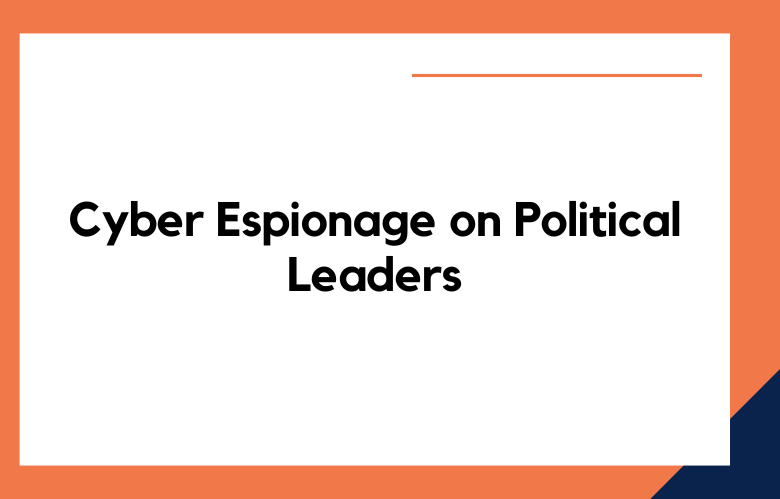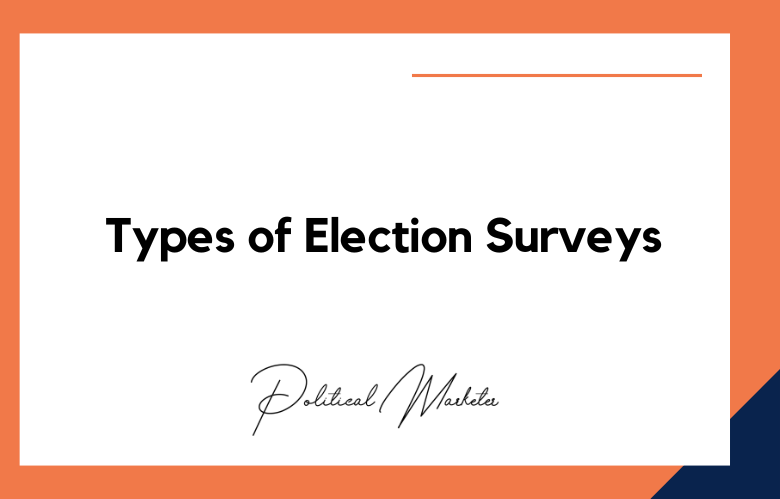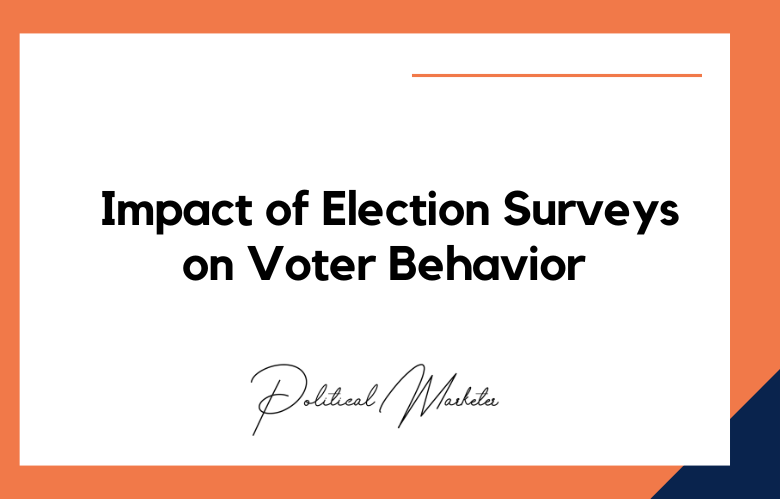Cyber espionage has emerged as a pervasive and insidious threat to political leaders worldwide in an age dominated by digital communication and interconnectedness. From government officials and heads of state to campaign operatives and advisors, individuals in positions of political power are prime targets for malicious actors seeking to gain access to sensitive information, influence decision-making processes, and undermine democratic institutions.
Cyber Espionage on Political Leaders
Cyber espionage, which encompasses a range of sophisticated tactics, including hacking, surveillance, and data theft, poses significant risks to national security, political stability, and the integrity of democratic processes.
In this guide, we will delve into the complex and ever-evolving landscape of cyber espionage on political leaders, exploring the tactics used by adversaries, the motivations driving these attacks, and the far-reaching implications for global politics. By uncovering the methods employed by cyber spies to infiltrate political networks, manipulate information, and exploit vulnerabilities, we aim to raise awareness of the urgent need for enhanced cybersecurity measures and proactive defense strategies.
As we navigate this guide, we will examine real-world examples of cyber espionage targeting political leaders, analyze the geopolitical implications of these attacks, and discuss best practices for detection, prevention, and response.
Whether you’re a political leader, government official, cybersecurity professional, or concerned citizen, understanding the dynamics of cyber espionage against political leaders is essential for safeguarding national interests and preserving the foundations of democracy. Let’s go on a journey to unravel the complexities of cyber espionage and fortify defenses against this pervasive threat to political leadership.
Uncovering the Threat: Cyber Espionage Targeting Political Leaders
In today’s connected world, the threat of cyber espionage targeting political leaders looms more significant than ever before. Malicious actors, whether state-sponsored or independent hackers, employ sophisticated tactics to infiltrate political networks, steal sensitive information, and undermine the integrity of democratic processes.
From government officials and diplomats to campaign staff and advisors, individuals in positions of political power are prime targets for cyber espionage, posing significant risks to national security and geopolitical stability.
In this guide, we will embark on a journey to uncover the threat of cyber espionage targeting political leaders. We will delve into the methods and motivations driving these attacks, explore real-world examples of high-profile incidents, and examine the far-reaching implications for global politics. By shedding light on this pervasive threat, we aim to raise awareness of the urgent need for enhanced cybersecurity measures and proactive defense strategies to safeguard against cyber espionage.
The Hidden Dangers: How Cyber Espionage Impacts Political Security
“The Hid” en Dangers: How Cyber Espionage Impacts Political Security” delves” into the intricate world of cyber espionage and its profound effects on political stability and security. This book uncovers the stealthy maneuvers of state and non-state actors who engage in the covert surveillance of political figures, aiming to undermine national security and manipulate political outcomes through the illicit acquisition of sensitive information.
The introduction outlines the scope of cyber espionage: its techniques, the types of information targeted, and the potential perpetrators, ranging from rival governments to rogue hackers. It explains how political leaders become prime targets due to their access to classified information and their influence over national and international policies. The text highlights the dual nature of cyber espionage as both a tool of national defense and a weapon against political adversaries.
This book sets the stage for a comprehensive exploration of the consequences of cyber espionage. It discusses the erosion of trust within governments, the destabilization of diplomatic relations, and the potential for escalating conflicts. Additionally, it addresses the challenges in detecting and attributing cyber espionage activities, which often remain shrouded in secrecy and are politically sensitive.
Inside the Tactics: Unraveling Cyber Espionage Against Political Figures
Cyber espionage represents a significant threat to political figures worldwide. It leverages advanced technological tactics to infiltrate, spy, and sometimes disrupt the political landscape. The motives behind such espionage are multifaceted, ranging from gaining strategic political insights to influencing electoral outcomes. Here, we delve into the tactics used in cyber espionage against political figures, highlighting the sophisticated nature of these attacks and the critical need for robust defense mechanisms.
Spear Phishing
One of the most common entry points for cyber espionage is spear phishing. Unlike broad phishing attacks, spear phishing is highly targeted and designed to deceive specific individuals into providing sensitive information or gaining access to secure systems.
These emails or messages are meticulously crafted, often mimicking the communication style of trusted sources. To increase their efficacy, they may also include personalized information gathered from previous surveys.
Malware and Ransomware
Malicious software (malware) can be discreetly installed on the devices of political figures to monitor their activities, steal data, or even take control of their systems. Ransomware, a type of malware that encrypts the victim’svictim’sd demands payment for decryption, can also be used for financial gain and to create political leverage or chaos within governmental operations.
Social Engineering
Beyond the digital realm, cyber spies often employ social engineering tactics to manipulate individuals into unintentionally compromising security. This can involve psychological manipulation, such as pretending to be a colleague or a member of the press to extract sensitive information during seemingly innocuous conversations.
Network Exploitation
Exploiting network vulnerabilities is a tactic that allows attackers to sneak past security measures. Once inside the network, they can move laterally across systems, accessing confidential communications and documents. This attack often goes undetected for long periods, allowing extensive access to critical information.
Watering Hole Attacks
This tactic involves compromising a website frequently visited by the target—often a site used by political organizations or their affiliates. By doing so, attackers ensure that malware is downloaded onto the devices of specific individuals or groups, thus gaining unauthorized access to sensitive data.
Supply Chain Attacks
Cyber espionage operations may target third-party vendors and suppliers with weaker security protocols to gain access to their primary target. By infiltrating these less secure networks, attackers can implant malware that eventually finds its way into the more secure networks of political figures.
Insider Threats
Insider threats are another critical vector for cyber espionage. Disgruntled employees, those coerced by external pressures, or individuals compromised in other ways (financially, emotionally, etc.) can become conduits for spying activities, providing access to their employment.
Safeguarding Democracy: Strategies to Counter Cyber Espionage on Political Leaders
In an era where the digital landscape intersects with the corridors of power, safeguarding democracy requires vigilant defense against cyber espionage targeting political leaders. Malicious actors, ranging from state-sponsored hackers to cybercriminal organizations, employ sophisticated tactics to infiltrate political networks, manipulate information, and undermine the integrity of democratic processes.
From disinformation campaigns to data breaches and election interference, the threat of cyber espionage poses significant risks to the stability and security of democratic institutions worldwide.
In this guide, we will explore strategies to counter cyber espionage on political leaders and uphold the principles of democracy in the face of evolving threats. By leveraging a combination of cybersecurity best practices, diplomatic efforts, and international cooperation, political leaders, government agencies, and cybersecurity professionals can mitigate the risks posed by cyber espionage and defend against malicious actors seeking to undermine democratic values.
Hacking the System: The Growing Concern of Cyber Espionage in Politics
“Hacking the System: The Growing Concern of Cyber Espionage in Politics” examines the escalating threat of cyber espionage within the political arena, offering a deep dive into how digital spying is reshaping the landscape of global politics. This book aims to unveil the complex web of digital threats political leaders, governments, and their adversaries face, emphasizing the critical national and international security impacts.
The introduction defines cyber espionage as the unauthorized probing and extracting of sensitive, classified, or proprietary information through cyber means, specifically targeting political figures and institutions. It explores the motivations behind these cyber operations, which range from gaining strategic advantages and influencing political outcomes to undermining opponents and destabilizing governments.
The book begins with a historical overview of espionage in politics, tracing its evolution from traditional spy tactics to sophisticated digital strategies in today’s world. It highlights critical incidents that have marked the rise of cyber espionage. It showcases how these acts are not just isolated events but part of a broader strategy that state and non-state actors employ to gain superiority and control.
The Silent Intruders: Understanding the Risks of Cyber Espionage for Politicians
In the digital age, where information is power and connectivity is ubiquitous, the silent intruders of cyber espionage pose a grave threat to politicians and political institutions worldwide. From clandestine hacking operations to sophisticated social engineering tactics, cyber spies exploit vulnerabilities in digital infrastructure to infiltrate political networks, steal sensitive information, and undermine the democratic process.
Cyber espionage risks for politicians are manifold, ranging from reputational damage and loss of sensitive data to geopolitical instability and erosion of public trust.
In this guide, we will embark on a journey to understand the risks of cyber espionage for politicians and explore the multifaceted nature of this pervasive threat. By uncovering the methods and motivations of cyber spies, analyzing real-world examples of high-profile attacks, and discussing the implications for global politics, we aim to raise awareness of the urgent need for enhanced cybersecurity measures and proactive defense strategies.
From Data Breaches to Blackmail: The Dark Reality of Cyber Espionage on Leaders
“From Da” a Breaches to Blackmail: The Dark Reality of Cyber Espionage on Leaders” offers” a stark examination of the severe and often underreported consequences of cyber espionage directed at political leaders. This book delves into the shadowy intersection of technology and politics, where personal information, sensitive communications, and national secrets are vulnerable to digital theft and manipulation.
The introduction presents cyber espionage as a security breach and a profound invasion of personal and national sovereignty. It explains how the stolen information can be used not just for intelligence but also for coercion, blackmail, or public manipulation, fundamentally altering the course of political leadership and governance.
This text outlines the mechanics of cyber espionage—how attackers exploit vulnerabilities in digital infrastructure, from email hacks to sophisticated social engineering tactics. It also introduces the reader to the types of data cyber spies target, including personal correspondences, strategic plans, and confidential negotiations, all of which can be weaponized against leaders and their countries.
Conclusion:
Cyber espionage targeting political leaders represents a formidable challenge to global security and the stability of international relations. This digital warfare leverages sophisticated techniques to infiltrate political figures’ communications and data repositories, aiming to manipulate, destabilize, or gain strategic advantage over political entities and nations.
The ramifications of such espionage are profound, affecting not only the personal security of the leaders involved but also the diplomatic relationships and policy-making processes of their respective countries. The breaches can lead to significant distrust within international forums, complicate negotiations, and, at times, catalyze public scandals with far-reaching political implications.










